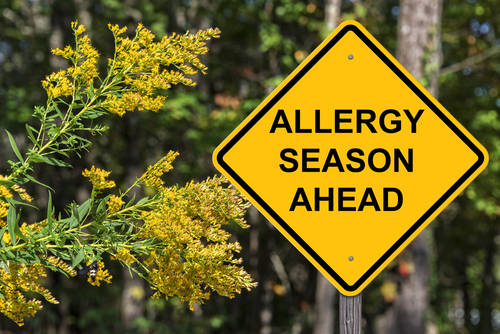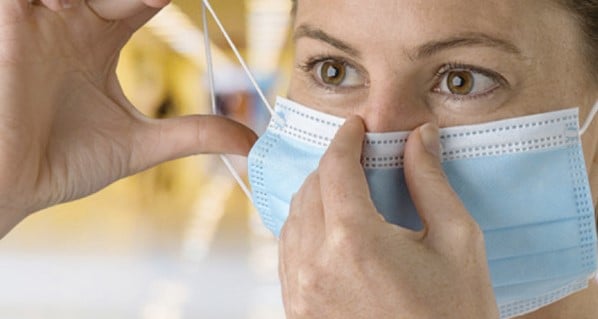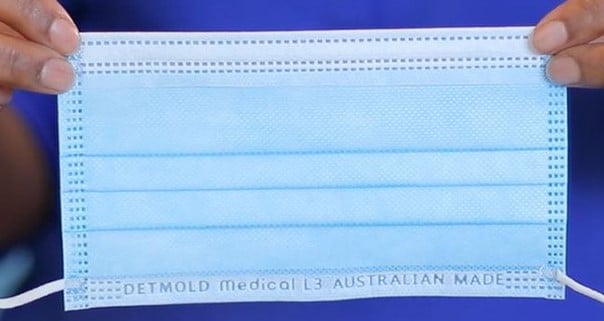Most people are familiar with the role of face masks and respirators when it comes to preventing the spread of viruses, bacteria or protection from hazardous airborne particles. But did you know that face masks may also help to relieve the symptoms of allergies? From creating a physical barrier to filtering out potential allergens, there are a number of ways that face masks and respirators can help minimise hayfever symptoms.
So, if you or people around you suffer from allergies, here are a few factors to consider when choosing the best face mask for allergies.
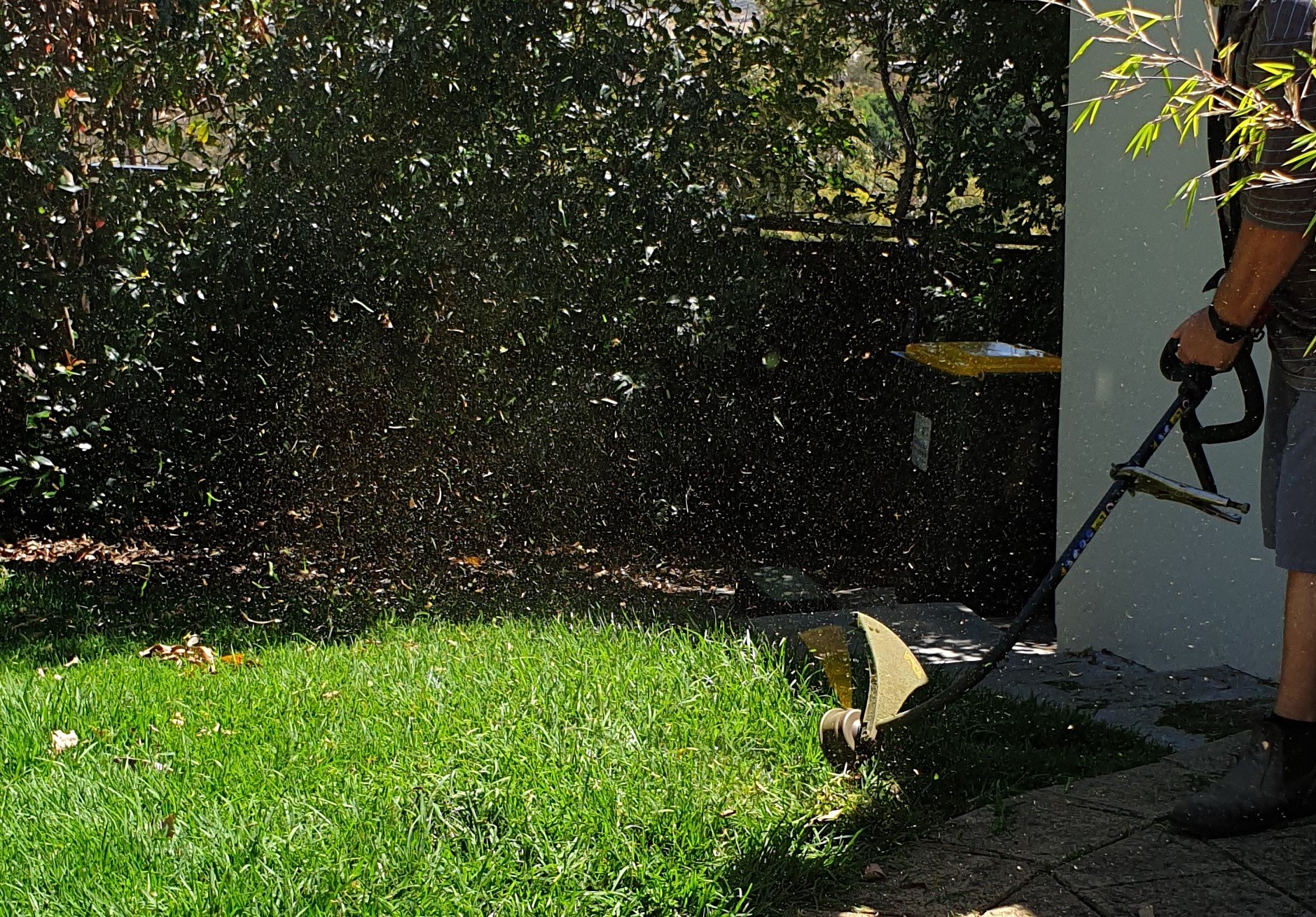
How face masks can help with allergies
Wearing a face mask can help relieve the symptoms of allergies by providing a physical barrier that prevents the inhalation of allergens. Designed to cover the nose and mouth, face masks help to limit direct exposure to airborne particles.
Face masks, especially close-fitting respirators can help filter out airborne allergens such as pollen, dust mites, pet dander and mold spores. This prevents these particles from entering the respiratory system and triggering allergic reactions.
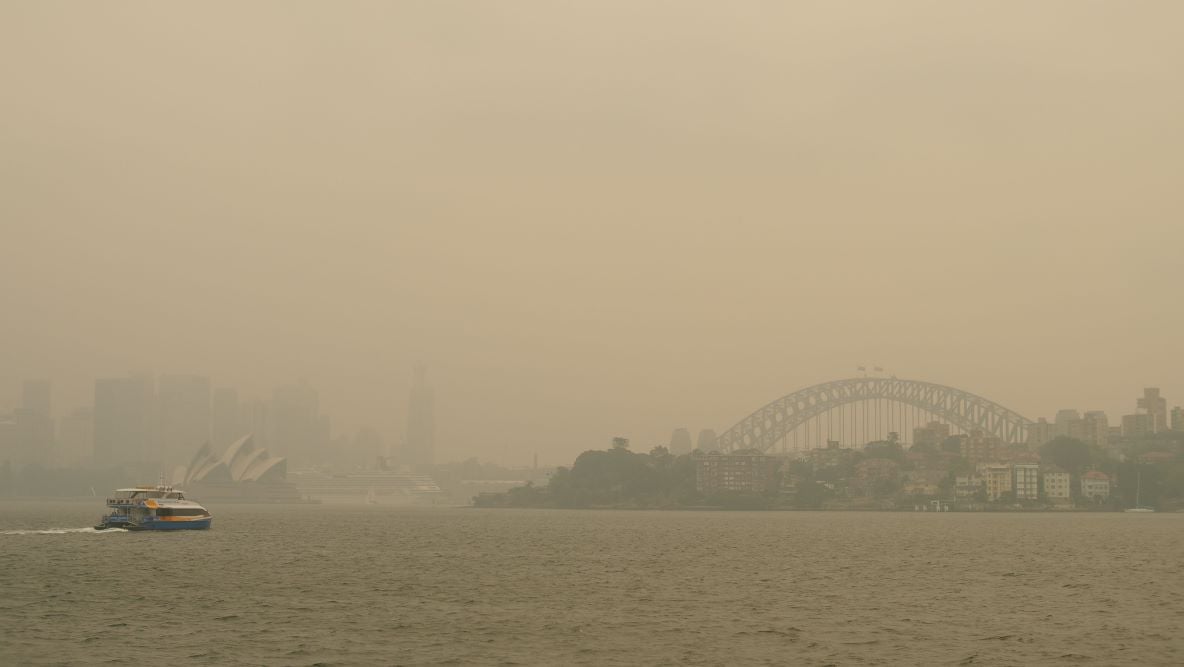
In addition to allergens, face masks can also help reduce the inhalation of respiratory droplets, pollutants and other irritants present in the air. This can be particularly beneficial in environments with high levels of pollution or in situations where individuals may be in close proximity to others, like in crowded public spaces.
For individuals with respiratory conditions or compromised immune systems, wearing a face mask can offer an extra layer of protection against allergens and infectious agents that could exacerbate their health conditions.
Just like viruses, bacteria or other contaminants, allergens can also be transferred to the face through contact with contaminated hands. Wearing a mask may serve as a reminder not to touch the face, reducing the likelihood of transferring allergens to the eyes, nose or mouth.

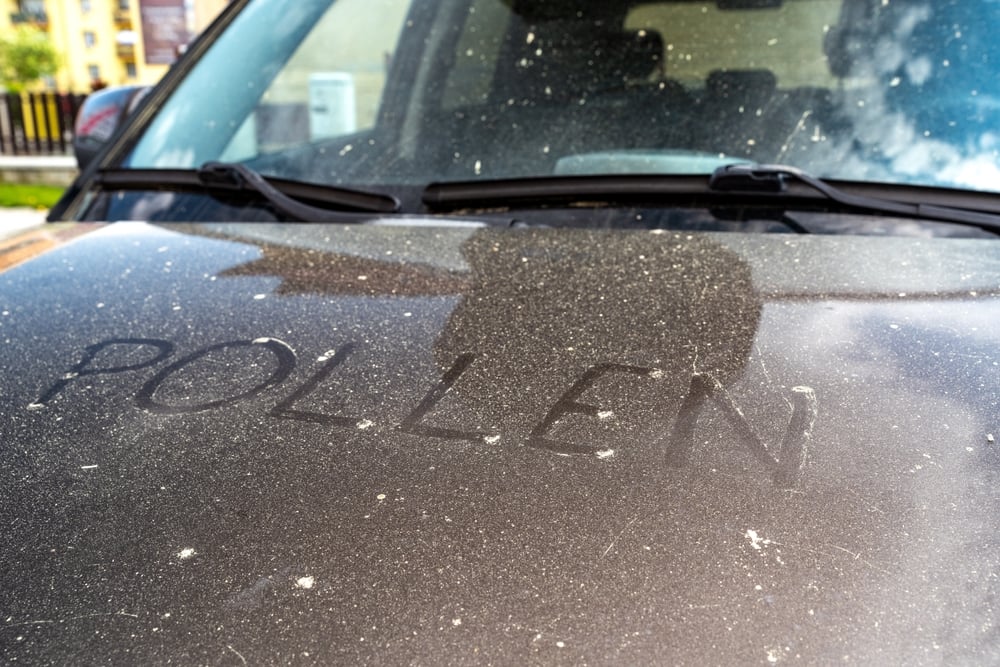
Tips for choosing the best face mask for allergies
To achieve the best protection from any mask or respirator, it is important to select a face mask that fits properly, provides the required protection levels, to wear the mask correctly and follow instructions about use and disposal of the mask. A respirator that is suitable for use when looking for protection from allergens may also be useful when working in dusty environments, exposed to air pollution or as protection from viruses.
Here are some of the key factors to consider when shopping for an allergy-friendly face mask:
- Particle filtration efficiency (PFE): Look for masks or respirators with high particle filtration efficiency. The higher the PFE percentage, the better the mask is at filtering out particles, like allergens and viruses.
- N95 allergy mask: N95 respirators are designed to filter at least 95% of airborne particles, including allergens. Because they’re able to protect against both allergens and respiratory viruses, they’re often recommended for individuals with severe allergies or health conditions that could be triggered by allergens. Just make sure that the N95 respirator is tested to a relevant standard, so you know it provides the intended level of protection.
- Facial fit and seal: A proper fit is crucial for the effectiveness of a mask or respirator. Masks that cover the nose and mouth snugly without gaps provide better protection. For respirators, it’s essential to conduct a fit test to ensure an airtight seal.
- Hypoallergenic materials: Choose masks made from hypoallergenic materials to reduce the risk of skin irritation. Some masks are designed with sensitive skin in mind and are labelled as hypoallergenic.
- Comfort levels: Masks that are comfortable to wear for extended periods are more likely to be used consistently. Look for features such as adjustable straps, a nose wire for a secure fit and breathable materials. Some masks are even available in different sizes that can provide a more comfortable fit.
- Australian standards: Medical face masks and respirators should meet the relevant Australian or international standards.
- Testing performance: Reputable manufacturers should have Protection levels and Standards references readily available on the mask packaging and on their website. This can include information on blood splash resistance, bacterial filtration efficiency, differential pressure and more. At Detmold Medical, we have third-party accreditation but also operate our own first-class testing facilities to routinely measure, validate and enhance the quality of our masks.

Best face mask for allergies
Thanks to their ability to filter out pollen, dust and allergen particles, surgical masks are often referred to as allergy masks. While surgical masks help to protect the wearer against splashes and sprays, they also act as a barrier to protect allergy sufferers from airborne allergens and reduce the risk of allergic reactions.
If you’re after even more effective allergy protection, respirator masks, like N95 allergy masks, have more effective filtration capabilities. N95 respirators are designed to filter out at least 95% of all airborne particles, making them an ideal choice for those with severe allergies. Respirators offer a greater level of protection from allergens, pollen and airborne particles compared to standard surgical masks. Plus, their facial fit design means there’s less chance of potential allergens entering around the mask.
It's important to note that while face masks can provide some relief from allergy symptoms, they are not a cure for allergies. Individuals with allergies should also consider other measures to manage their symptoms, such as avoiding known allergens, using air purifiers, and taking medications as prescribed by healthcare professionals.
It’s essential that individuals with specific allergy concerns consult with a healthcare professional for personalised advice on managing their allergies, including the use of face masks as part of an overall strategy for symptom relief.
At Detmold Medical, we stock a wide range of masks and respirators that can double as allergy masks. To find the best mask for your needs, use our face masks comparator or browse our collection online.


